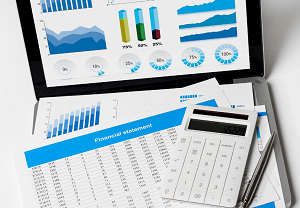Annual Update IFRS for SMEs 2021
Presenters : Caryn Maitland CA(SA)
Overview
Do you know how to apply the IFRS for SMEs Standard in the following circumstances: BEE transactions, SMEs under liquidation or under business rescue, contingent liabilities, intangible assets, and deferred tax? It's not so easy as it looks and you could end up in trouble with CIPC and SARS if your presentation and disclosure is found to be faulty.
The IASB tweaked and amended the Standard for the first time since it was published in 2015, with a handful of critical amendments that become effective for years beginning on or after 1 January 2017. It is vital that every accounting and auditing practitioner gets up-to-speed with the Standard including all its amendments.
Learning objectives
By the end of this event the participant should:
-
Understand the key differences between IFRS and IFRS for SMEs.
-
Have working knowledge of IFRS for SMEs.
-
Understand how to apply the Standard to special circumstances.
-
Discuss common problems, challenges and considerations.
-
Identify opportunities to add value to your clients through adopting IFRS for SME's.
Content
The webinar will cover the following topics:
-
The background and development of IFRS for SMEs;
-
Scope and objectives of the Standard;
-
Responsibilities of a compiler vs an assurance provider;
-
Pervasive principles and elements of financial statements;
-
Presentation of financial statements and first-time adoption transition;
-
Accounting for:
-
PPE, investment properties and intangible assets;
-
Inventories and biological assets;
-
Impairment, leases, forex transactions and deferred tax;
-
Government grants and borrowing costs;
-
Financial instruments, business combinations and goodwill;
-
JVs, associates and share-based payments;
-
Provisions and contingencies;
-
Employee benefits and related parties;
-
Revenue and events after reporting date.
-
-
Common problems, challenges and considerations.








